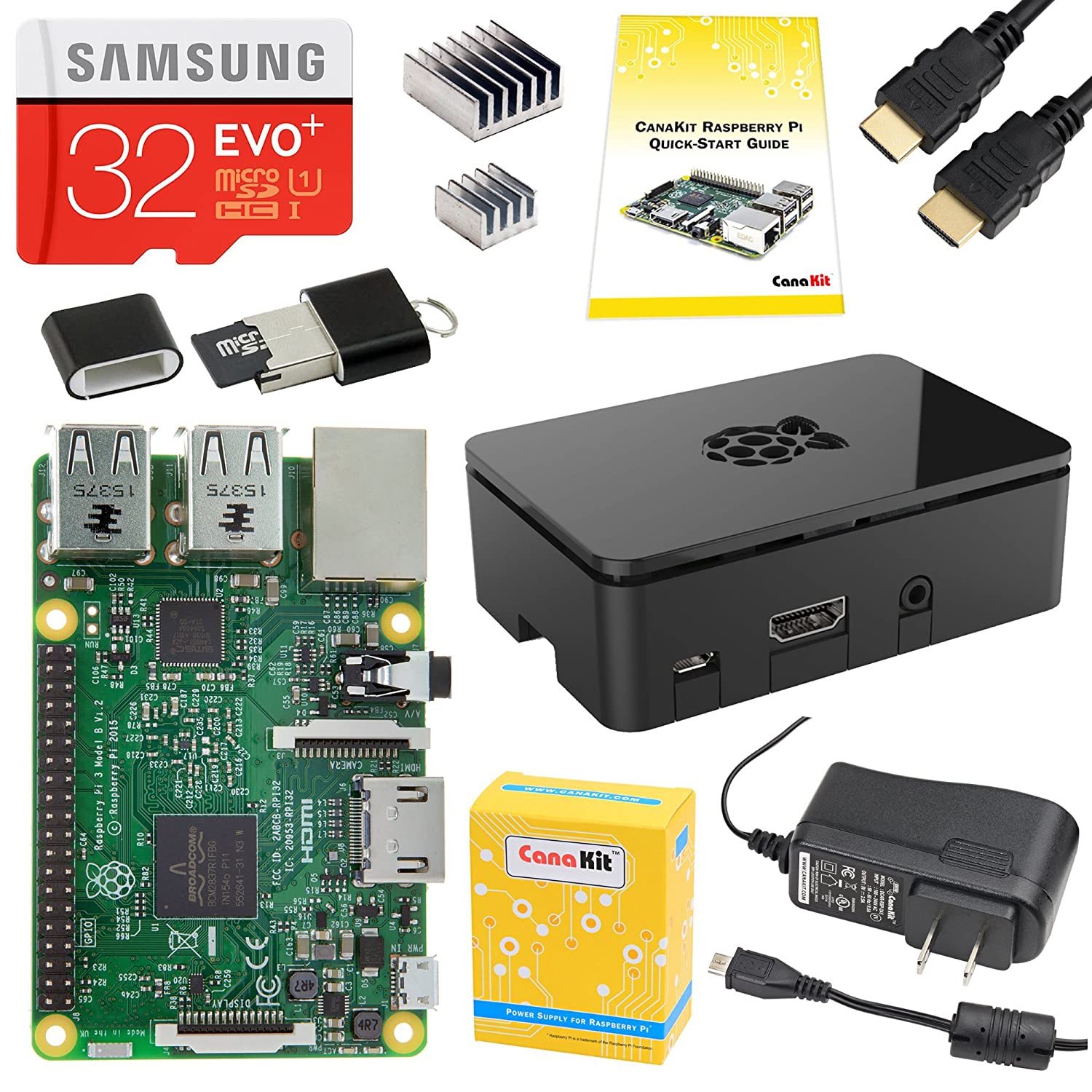; Date: Tue Oct 23 2007
Tags: Green Transportation »»»»
I'm a bit obsessed by electric vehicles and green transportation in general. There's a lot of reasons behind this, from global warming to climate change to global economics to health to stupid illegal wars in the Middle East etc I just see reason after reason why "we" need to move to using different/better ways to move our butts around the world. Normally I post about this elsewhere but I just learned of three projects to build "green" vehicles, as open source projects.
I have the projects linked here:
Open Source Green Vehicle
The
Open Source Green Vehicle is working on an open vehicle platform, and their hybrid electric vehicle just reached: Upcoming Preliminary Design Review (PDR) for SSM’s Kernel™ Hybrid/Electric Crossover. The
Kernel™ Crossover design is flexible in that it allows any power source to be plugged in so long as it conforms to certain specifications. They have their own license (SSM-OSGV Open Design License Agreement) which probably is not OSI certifiable, and has some interesting aspects. Rather than specify every part in the vehicle must be open source and completely open design, instead all interfaces to each part in the vehicle must be openly documented. The parts may have closed source innards, what they're requiring to be open are the interfaces.
While this isn't following the purist open source model it may be good enough for the goals to be achieved. However this does fall into a version of the (hopefully soon-to-be-defunct) 'Java Trap'. The 'Java Trap' being Richard Stallman's description of the quandry faced by an open source software project implemented in Java. So long as Java was not open source the OSS project had limits to its freedom. Even now with the OpenJDK project nearing a fully open source unencumbered existance, the specifications that make Java are not themselves open source, nor could the JCP process be described as "open source". One step at a time, hopefully. This limitation to freedom will apply to the OSGV project as well.
I raised this issue in the
Open Source Battery Project for Electric Vehicles ... they say they don't care to be that purist. For example Texas Instruments makes charge controller integrated circuits for Lithium-ION batteries, the IC chip is obviously closed source proprietary to TI, and if TI were to stop making that chip then the OSBP4EV project would be stuck, but they said they're okay with this.
The
Electric Auto Association - Plug in Hybrid Electric Vehicle was said by Green Car Congress to be an Open Source project to create do-it-yourself plans for plug-in hybrid conversions of existing hybrid vehicles. Among EV fanatics like my self the saying is "it's not electric unless you can plug it in" and no matter how much the existing hybrid vehicles improve our world, you are still 100% addicted to gasoline while driving one. The plug-in hybrids are different in that the battery pack is large enough to drive the vehicle for a significant enough distance at a useful speed, and that the battery can be recharged by plugging into the power grid. Electricity is everywhere already so why not use it to power our vehicles?
My Open Source Electric Vehicle is a diary that appears to be about building an electric motorcycle. I oughta look this over since I'm also building an electric motorcycle (My Lectra project).
The
c,mm,n Open Source Car project .. er.. I wasn't able to make much sense out of the web site (it's a flash only site) but a posting on autobloggreen claimed they're an open source project. (The open source car, known as the c,mm,n is powered by hydrogen)
The
OScar Project is showing on their site a reverse-trike design (3 wheeled motorcycle with two wheels in front, one in the rear). In the U.S. these are registered as motorcycles which means they have very little safety testing as compared to the rigorous testing done on four wheeled vehicles. The safety testing requirements is on the one hand a blessing because our cars are generally safe (depending mostly on how dorky the driver is) while on the other hand makes for a barrier to entry for small companies to begin selling vehicles. The OScar site doesn't describe (that I can find) the license, and it appears the project is struggling along with getting enough involvement to make much progress.
There are significant challenges to designing a vehicle to use on the road. Vehicle safety and testing is clearly a huge challenge and very expensive .. in the U.S. this involves crash testing, meaning a vehicle designer must have deep enough pockets to afford crashing a few cars until the D.O.T. is happy with it. Doing such a project in open source only adds to the challenges.
To be purist on open source and require that all parts are open source... for example the D.O.T. certifies parts like lights and such, and to take "open source" all the way down to designing light bulbs as open source would be a long detour. I think OSGV's stance of requiring that the interfaces be openly specified is a good middle road to take.
For example.. batteries are the achilles heel of electric vehicles. There's no way the battery companies will any time soon make open source battery designs. If you think it was hard to get Sun to embrace open source, try looking for details on how batteries work much less having replicatable open designs for batteries. It's much more practical to rely on batteries being widely available from several manufacturer.
While this is true for lead-acid batteries when one gets to the advanced battery chemistries you begin to have single vendor solutions.
Source:
weblogs.java.net











